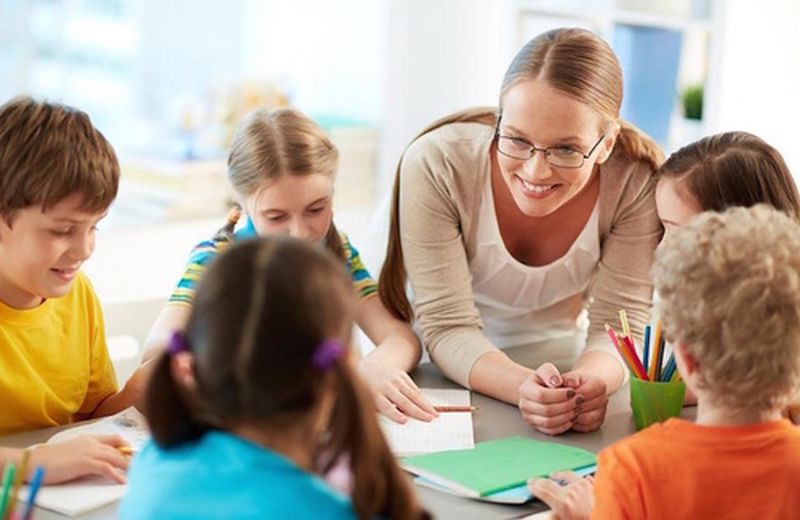Children: school is beautiful
After the family, school is the most important context for children’s cognitive, emotional and behavioral development. Living the school experience well is essential for the serenity and well-being of children. Let’s see how to help them

School is beautiful. At school you learn a lot of interesting things. School is a place full of friends. A lot of colorful and fun objects are used at school. Going to school is an adventure that offers many discoveries.
Children and school get along better if you put it in positive terms. Sometimes, children’s hostility towards school stems from the way it is presented to them by adults. A negative attitude on the part of parents can heavily affect the relationship of children with school and even learning.
Children and school: how to make them want to study
Often the most critical time for children (and parents) is not so much going to school itself, but doing homework . If you assume that homework is not torture and if you are deeply interested in your children’s school experience, studying will become more enjoyable and all family life will benefit greatly in terms of serenity.
First of all, it would therefore be good not to be bored but, on the contrary, interested in the topics that are studied at school: what did you do today? What have you talked about? By asking to see books and notebooks and placing the subject studied at the center of a discussion between adults and children, perhaps trying to update it and put it in relation with daily life .
Sometimes it may be useful to tell an anecdote about one’s past school life; children are often interested in these kinds of stories. Noticing the interest of their parents, the little schoolchildren will feel safer and more encouraged to do well.
Discover the Asilo nel Bosco di Ostia project
Children and school: what to do to improve performance
Children and school are sometimes a complicated combination, especially when, for example, there are school problems and you get a bad grade or a note. Of course, it can happen to everyone and everyone reacts differently, also based on the frequency and severity of the situation.
However, it is very important not to subject children to a comparison between their academic performance and that of their peers: at the center of the parent’s interest there must always be their own child, not another child who may be considered better.
If you notice serious difficulties, or even in case of doubts, it could be useful to talk about it with the teachers , trying to understand what exactly are the aspects in which the child is weakest and what are his strong points; once the situation has been analyzed, it will be easier to help him in a targeted manner.
It is true: sometimes there is no time, but often it is enough to carve out half an hour a day to take a look at homework, take satchels, books and notebooks with the children, and have a chat with them.
The really important thing is to do all this with joy , trying to convey positive feelings ; in this way it is very likely that children see school as a nice place and feel better predisposed towards studying, with a great advantage for the serenity and well-being of the whole family.
Recommended books
Let’s say we were scientists, fun, colorful and simple experiments, to do at home and at school with children aged 3 to 6




























+ There are no comments
Add yours